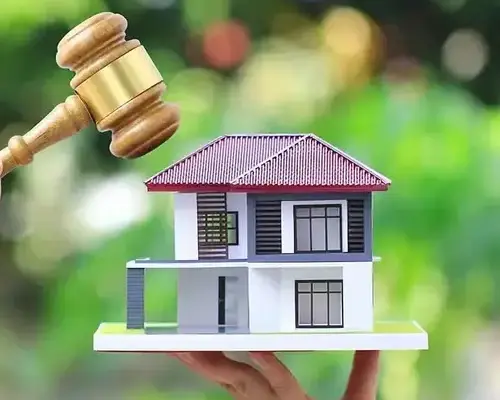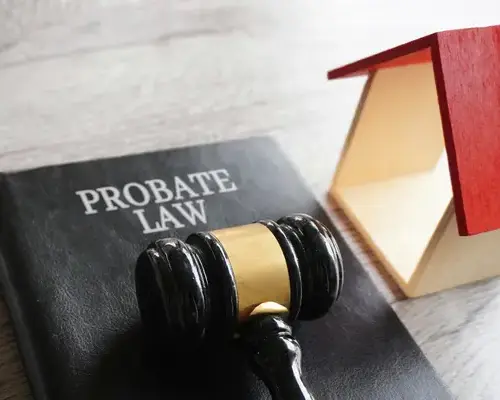Florida Construction Liens
In Florida, it’s not uncommon for contractors to face difficulties in receiving their final payment upon completion of a project involving real property. Thus, it’s essential for contractors to be well-versed in construction lien law to increase their chances of getting paid.
Imagine this situation:
A contractor, specifically a roofer, is contracted to install a new roof on a homeowner’s property. A contract is signed by both parties, ideally prepared by a lawyer. Once the roofer finishes the installation and sends the final invoice to the homeowner, a week passes with the homeowner promising to settle the payment in the following week. However, the promised week extends to four months, and it becomes evident that the homeowner has no intentions of paying. The contractor then files a lien on the homeowner’s property. But when the contractor takes the matter to court to enforce the lien, the judge determines that the contractor didn’t adhere to the correct procedures before filing the lien. As the lien was filed beyond the stipulated timeframe, it’s deemed invalid. Consequently, the case gets dismissed, and the contractor is prohibited from filing another lien.
This scenario underscores the importance of contractors understanding Florida’s construction lien law before proceeding with filing a lien.
So, what exactly is a Construction Lien?
A construction lien serves as a protective measure for contractors against clients who refuse to pay. It allows a contractor to place a lien on the property title, potentially triggering a forced sale of the property. The proceeds from this sale would then cover the contractor’s outstanding payment, making the threat of a lien an effective deterrent against non-payment by property owners.
There are crucial timing requirements to note:
According to Florida law, a contractor must record their construction lien within 90 days of project completion. This 90-day countdown begins when the contractor delivers the final services or materials for the project. If the contractor fails to record their lien within this timeframe, they lose the right to record a lien for that specific job, which could complicate payment collection. Further, if a contractor records a valid lien, they have a year from the recording date to file a lawsuit to enforce the lien.
Given the complex legal requirements surrounding Florida construction liens, it’s advisable to seek legal counsel to avoid losing your lien recording rights.
If you need assistance with preparing and enforcing a construction lien contact Legal Counsel, P.A. today at 407-982-4321. Have questions? We have answers.

John Thomas Sannuto III, Esquire

















